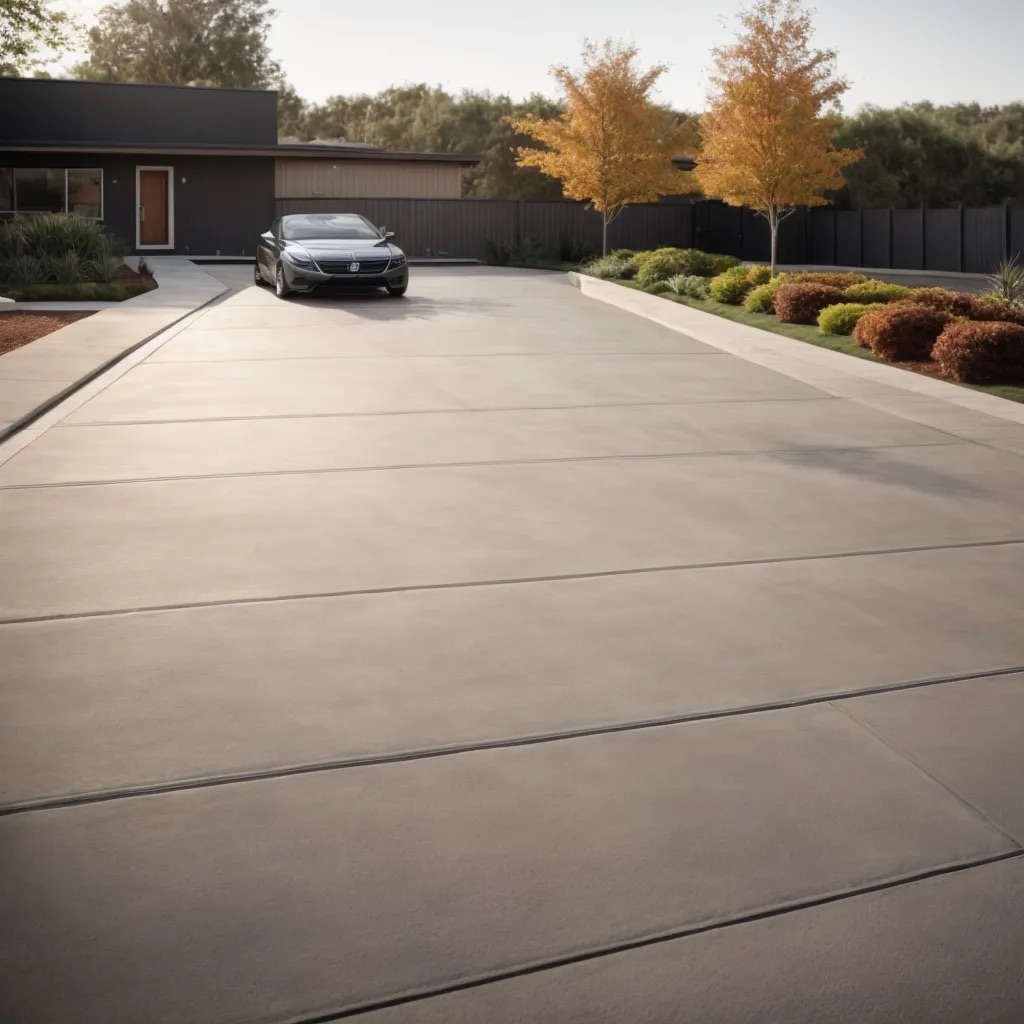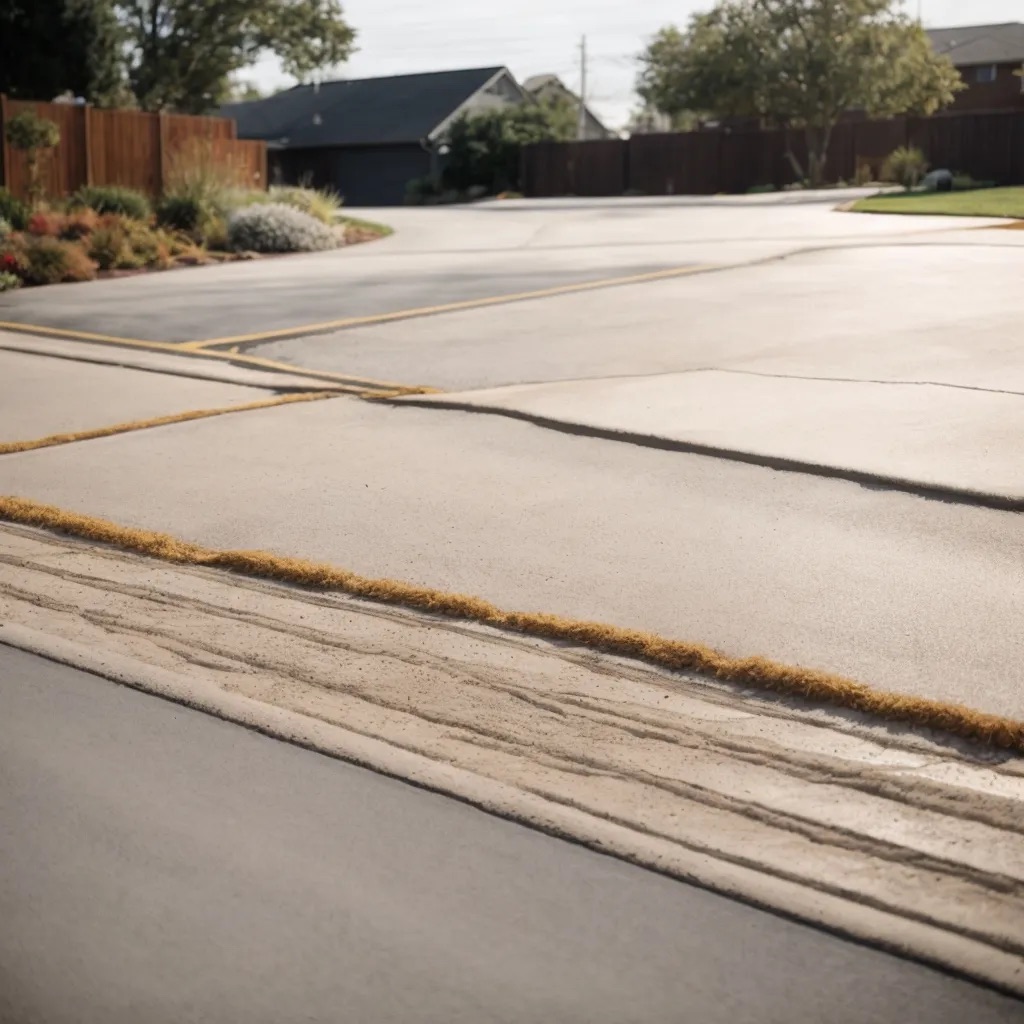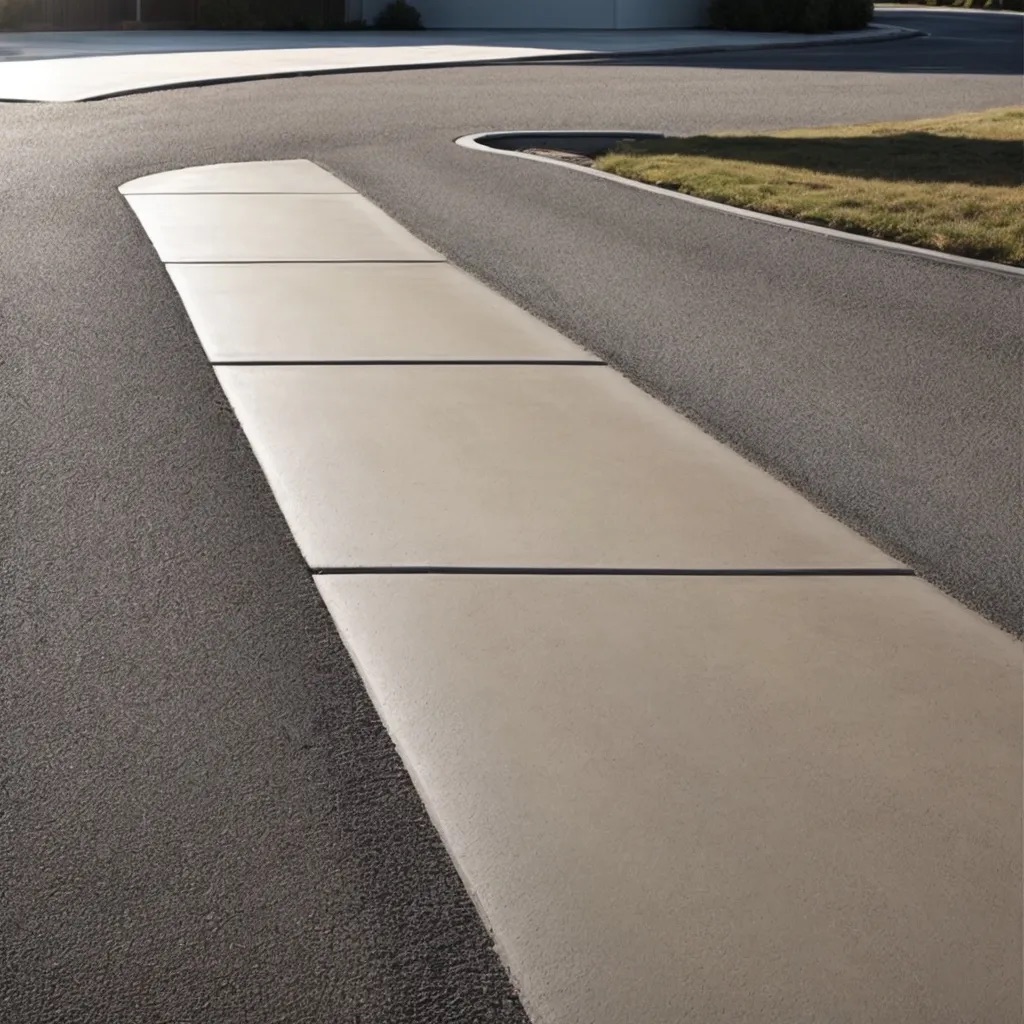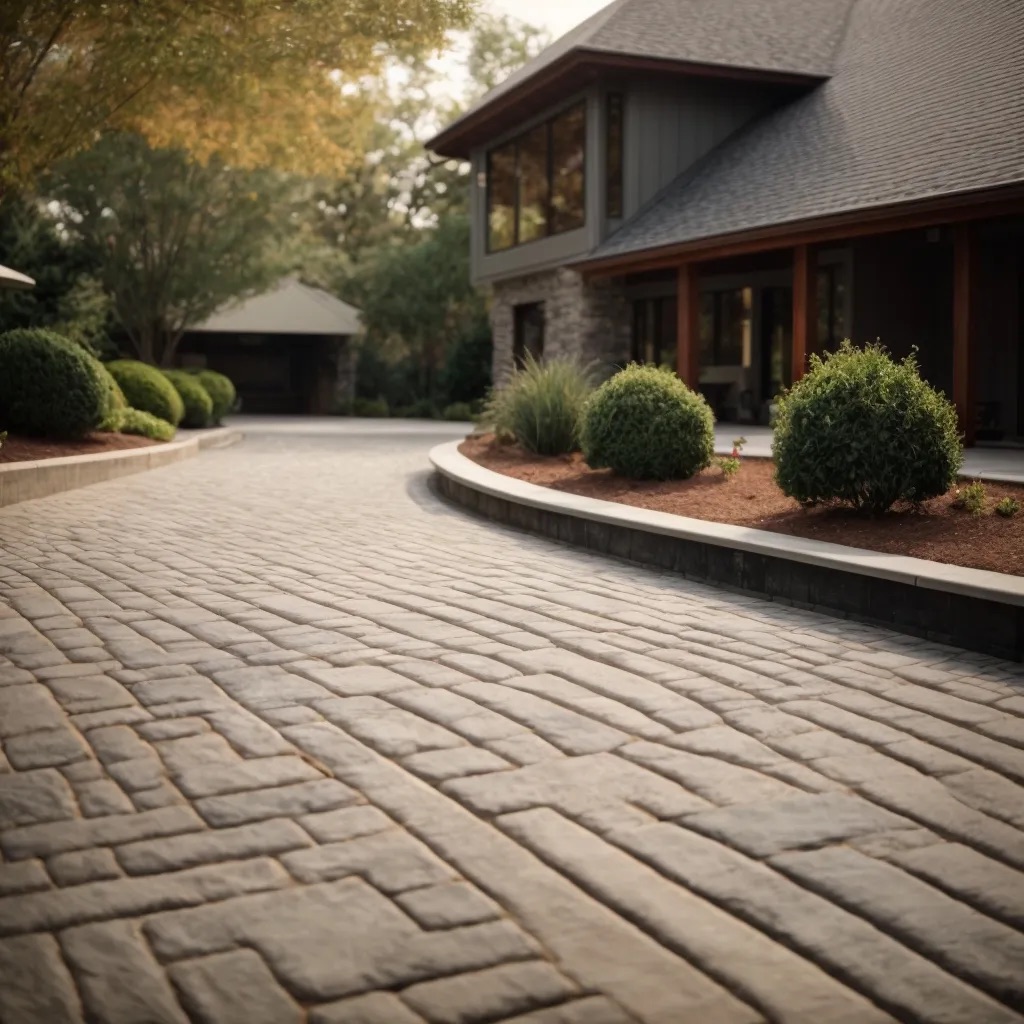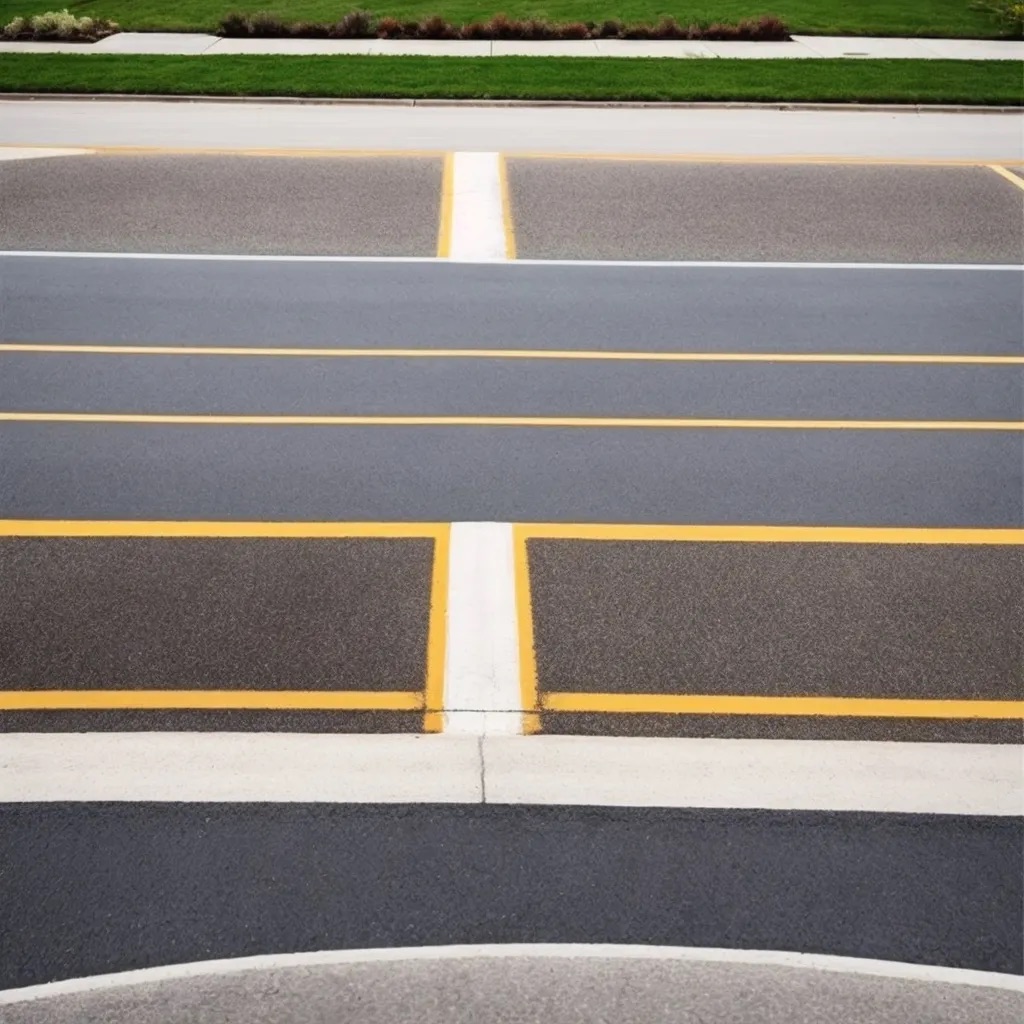Are you considering upgrading your driveway and adding a touch of uniqueness to your property? Specialty driveways offer a wide range of options to enhance the curb appeal and functionality of your home. From elegant pavers to decorative concrete, there are numerous choices available to suit your style and budget.
However, before diving into the world of specialty driveways, it’s essential to consider several factors to ensure you make the right choice. This article will explore the key factors you should consider before installing a specialty driveway.
Aesthetic Appeal
One of the primary reasons homeowners opt for specialty driveways is to enhance the overall look of their property. Each driveway material offers a unique aesthetic appeal that can complement the architecture and design of your home. Take some time to research different options, such as concrete, brick, cobblestone, or gravel, and consider which one aligns best with your personal style and the overall aesthetic you want to achieve. It’s also a good idea to take into account the exterior color palette and landscaping elements to ensure a cohesive and visually pleasing outcome.
Durability and Maintenance
Another crucial factor to consider is the durability and maintenance requirements of the driveway material. Specialty driveways are meant to withstand heavy vehicle traffic and various weather conditions, so it’s important to choose a material that can handle these challenges. Concrete and asphalt are known for their durability and require relatively low maintenance. On the other hand, pavers and cobblestones can provide an elegant look but may require occasional releveling and weed removal.
Gravel driveways, while affordable and easy to install, may need regular replenishment to maintain their appearance and functionality. Evaluate your lifestyle, the amount of traffic your driveway will endure, and the time you’re willing to dedicate to maintenance before making a decision.
Climate Considerations
The climate in your area should play a significant role in your choice of specialty driveway material. Different materials react differently to extreme temperatures, freeze-thaw cycles, and moisture. For example, concrete and asphalt are suitable for colder climates as they can withstand freezing and thawing without significant damage. In warmer climates, where heat and UV exposure are the primary concerns, materials like concrete or lighter-colored pavers may be more suitable as they reflect heat and prevent excessive heat buildup. Consider consulting with local experts or contractors to understand the best material options for your specific climate.
Budget and Cost
Budget is always a crucial consideration when it comes to any home improvement project, and specialty driveways are no exception. The cost of materials, installation, and maintenance can vary significantly depending on the type of driveway you choose. Concrete driveways tend to be more cost-effective, while pavers and cobblestones can be pricier due to their intricate installation process. Gravel driveways are often the most budget-friendly option but may require more ongoing maintenance. It’s important to establish a realistic budget and research the costs associated with different materials before making your final decision.
Local Regulations and Permits
Before installing a specialty driveway, it’s essential to check your local regulations and obtain any necessary permits. Some neighborhoods or homeowner associations may have specific guidelines or restrictions on the type of driveway materials you can use. Additionally, you may need to comply with local zoning laws, setback requirements, or environmental regulations. Research the specific rules and regulations in your area to ensure you are in compliance and avoid any potential issues or fines down the line.
Long-Term Investment
Installing a specialty driveway is not just a short-term improvement; it’s a long-term investment in your property. Consider the potential impact on your home’s resale value and the longevity of the material you choose. While some materials may be more expensive upfront, they can offer greater durability and a longer lifespan, ultimately providing a better return on investment.
Conversely, opting for a cheaper material that requires frequent repairs or replacement may end up costing you more in the long run. Think about your long-term goals for the property and choose a driveway material that aligns with those objectives.
Choosing the perfect specialty driveway involves carefully considering various factors, including aesthetic appeal, durability, maintenance requirements, climate considerations, budget, local regulations, and long-term investment. By taking the time to research and evaluate these factors, you can make an informed decision that enhances your home’s curb appeal and adds value and functionality.
Remember, consulting with professionals in the field can provide valuable insights and guidance to help you choose the ideal specialty driveway that meets your needs and preferences.
Key Takeaways
- Consider the aesthetic appeal of different driveway materials and choose one that complements your home’s design and style.
- Evaluate the durability and maintenance requirements of each material to ensure it can withstand heavy traffic and weather conditions.
- Consider the climate in your area and choose a material that can handle extreme temperatures or excessive heat.
- Set a realistic budget and research the costs of different driveway materials before deciding.
- Check local regulations and obtain necessary permits to ensure compliance with neighborhood guidelines and zoning laws.
- Think long-term and consider the impact on your property’s resale value and the longevity of the chosen material.

